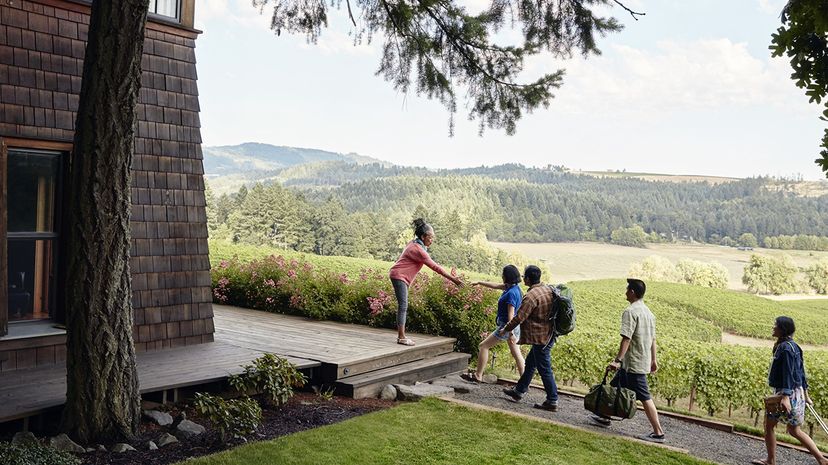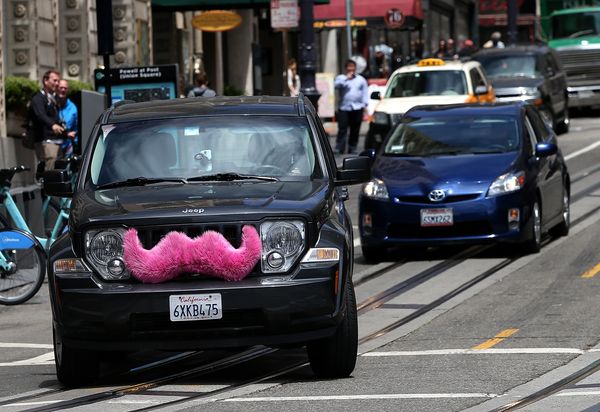
When I was a kid, nothing was more fun than a road trip and an overnight stay in a hotel. But things have changed — big time. Today's travelers are skipping hotels and opting for more personal stays in Airbnbs. The home sharing service reports that more than 200 million people have used its service since 2008 — 80 million of those in 2016 alone.
And it's not just those doing the traveling that favor home sharing to hotels. Millennials in particular — 85 percent in fact — support the idea of renting out extra space to people visiting their cities.
Advertisement
But how do you protect yourself if you rent a second home — or even part of your primary home — for extra income? Does a standard homeowners insurance policy cut it?

